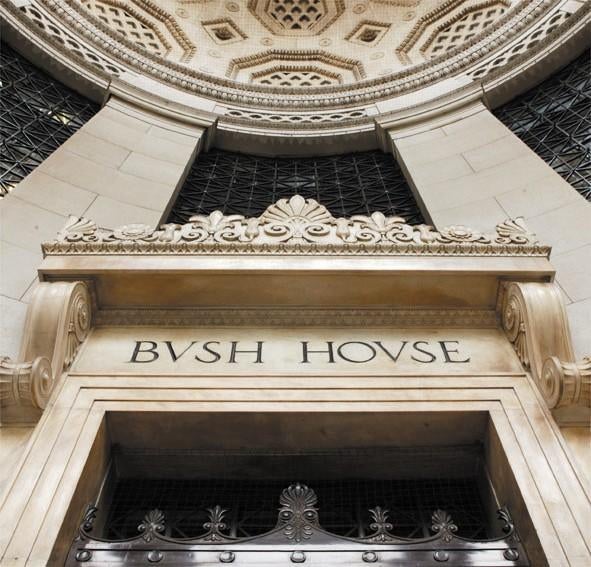
NUJ members at the BBC‘s Arabic Service have voted to go on strike.
Some 80.6 per cent of those NUJ members who voted said yes to strike action today. The NUJ said the turnout for the vote was strong.
The BBC gave exact figures for the ballot, in which 75 voted to strike, 18 voted against strike action (20 per cent), and 50 did not vote.
BBC Arabic has roughly 250 staff in total, 143 of those elibible to vote.
The BECTU union, although taking part in the discussions, did not take part in the strike ballot.
Journalists are concerned about workloads and staffing levels – particularly as the TV service increases from 12 to 24 hours a day.
The union has given the BBC until 12 September to respond to its concerns. If they are not dealt with the union has threatened to take “serious and significant strike action”.
In a response to the strike, BBC World Service said in a statement: ‘We are disappointed with the results of the NUJ strike ballot at BBC Arabic, especially when a minority of the chapel refused to put our latest improved offer to the whole membership.
‘This strike action is unjustified. We have responded positively and made proposals to a number of their concerns – including reduced night shifts and improved staffing at key times of the day. BBC Arabic staff already have working conditions and rotas which are comparable with staff working on other news outlets in the BBC and our proposals, if they had been accepted them, would have further enhanced their position.”
The BBC added it is committed to finding a ‘constructive way forward in dialogue’with staff and is open to further discussion.
Nigel Chapman diirector of BBC World Service, sent a message to all staff in Global News in which he said it was unclear why there had been a ballot to strike.
The BBC is now withdrawing its package as a result of negotiations and said that the 24-hour rota will be implemented, adding that BBC Arabic will remain on air throughout any strike action. Chapman said that the BBC hopes to move forward with “constructive discussions”.
Chapman said: ‘Why is there a prospect of industrial action? The reasons for the strike vote are unclear. The local NUJ representatives claim that management have not responded to their demands. This is not true.”
According to Chapman, the local NUJ representatives’ rota demands – which included a 34 hour working week – would mean there would be insufficient staff and would mean the BBC would be unable to react to breaking news stories, to which the local NUJ representatives recommended that the BBC ‘broadcast repeats instead”.
He said: ‘We cannot justify spending more than £650,000 of public money annually on taxis for people asking to work unusual shifts that do not match the production pattern we need to sustain.
‘Their total demands – for extra staff and taxis – would cost £1.5 million per annum. As BBC World Service’s funding is fixed for the next three years, this could only be funded by closing the equivalent of two BBC World Service language services.”
Email pged@pressgazette.co.uk to point out mistakes, provide story tips or send in a letter for publication on our "Letters Page" blog
